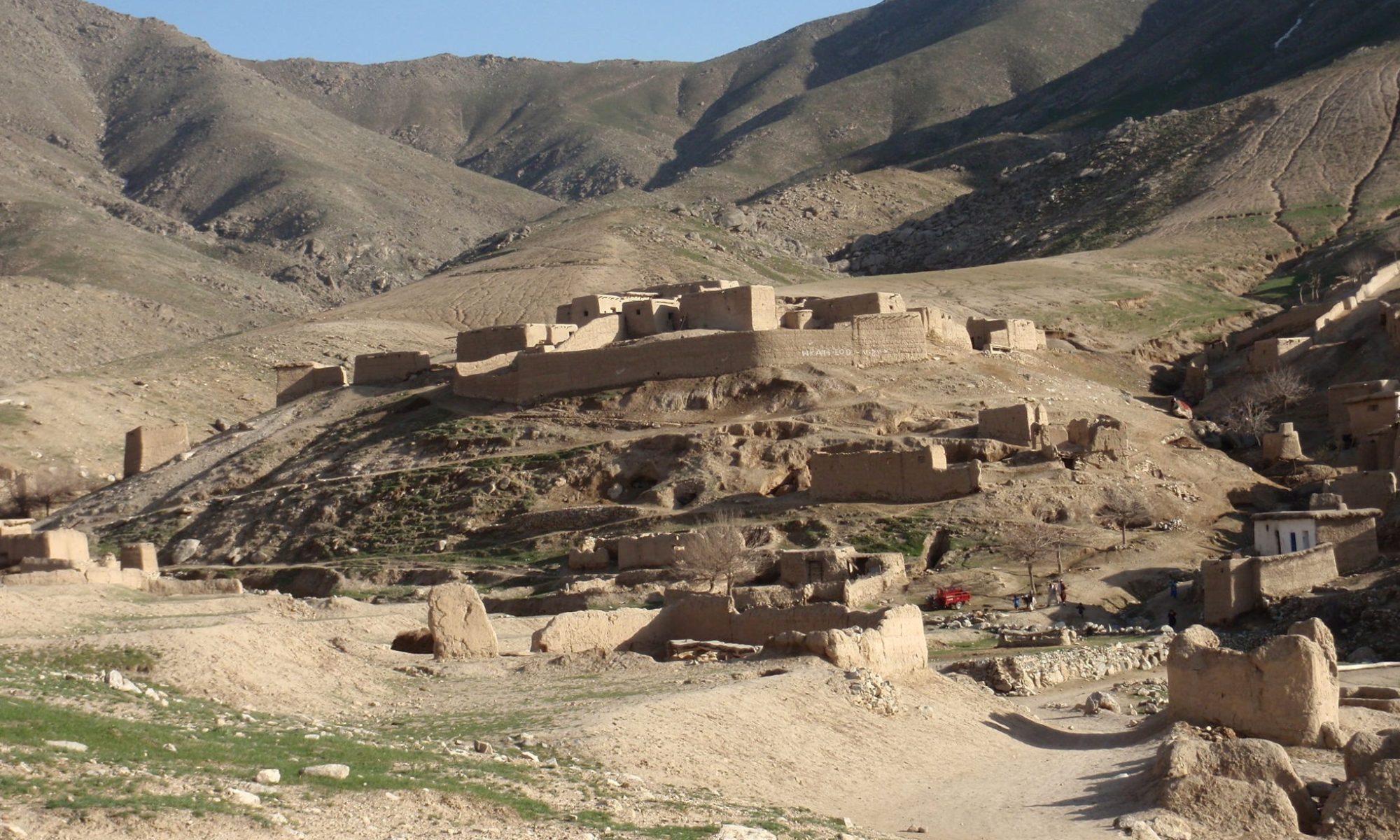
I was born in Kabul, Afghanistan in 1948, to an Afghan father and an American mother, and I lived in Afghanistan until I was 16.
Then I came to the United States to go to school and never went back. I spent the roaring sixties and the early seventies in Portland, Oregon, part of a counterculture newspaper collective that published a weekly tabloid called The Scribe.
I left the counterculture to join the Asia Foundation. where I helped edit a bi-weekly publication about Asian culture and politics, mainly for Asian scholars in America. And from there…
I drifted into textbook publishing…
. . . and writing nonfiction books for children…
. . . and writing a column for the learning site Encarta.com
. . . and running the San Francisco Writer’s Workshop
Then came 9/11. The day after that event, I wrote a 900-word to some 20 friends, analyzing what had happened. That email went viral, reaching tens of millions within four days, and by the following Monday, my career had changed: now I was delivering talks about Afghanistan, doing a radio show about Islamic history, writing essays and books about Afghanistan and Islam…
As a writer, however, what interested me was not just Afghanistan-and-America, or Islam-and-the-West These were aspects of a broader issue: what happens in zones where cultures overlap? My two memoirs explored that question at the level of one individual life (mine). My history of Afghanistan explored that question at the level of one entire country. My history of the world through Islamic eyes explored it at the scale of a whole civilizations.
Then I took my preoccupations further. The world is full of different world-historical perspectives, they’ve been jostling one another throughout recorded history, and I got to wondering if a single global story could be discerned in all that jostling. That’s the story I tell in my latest book, The Invention of Yesterday.

